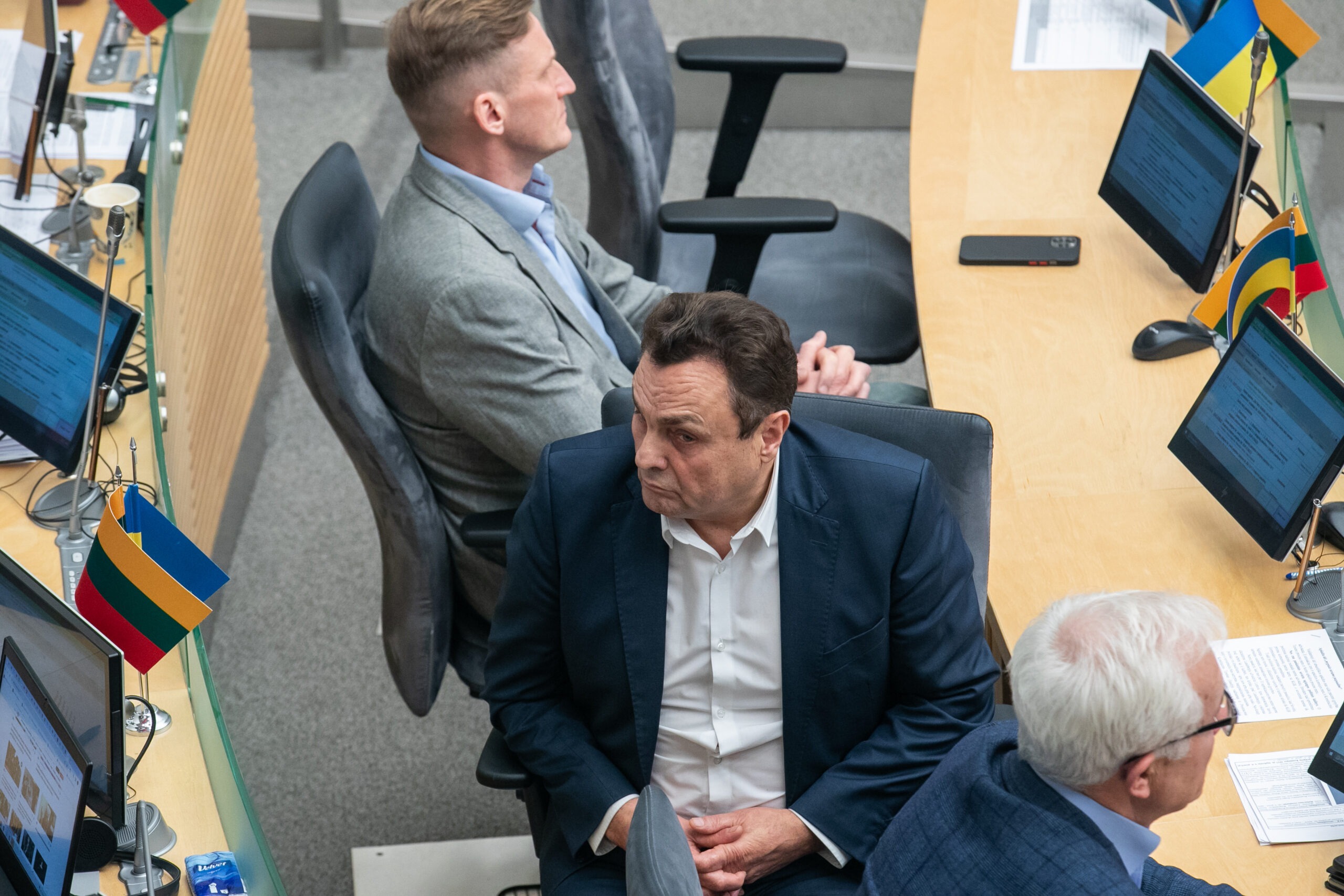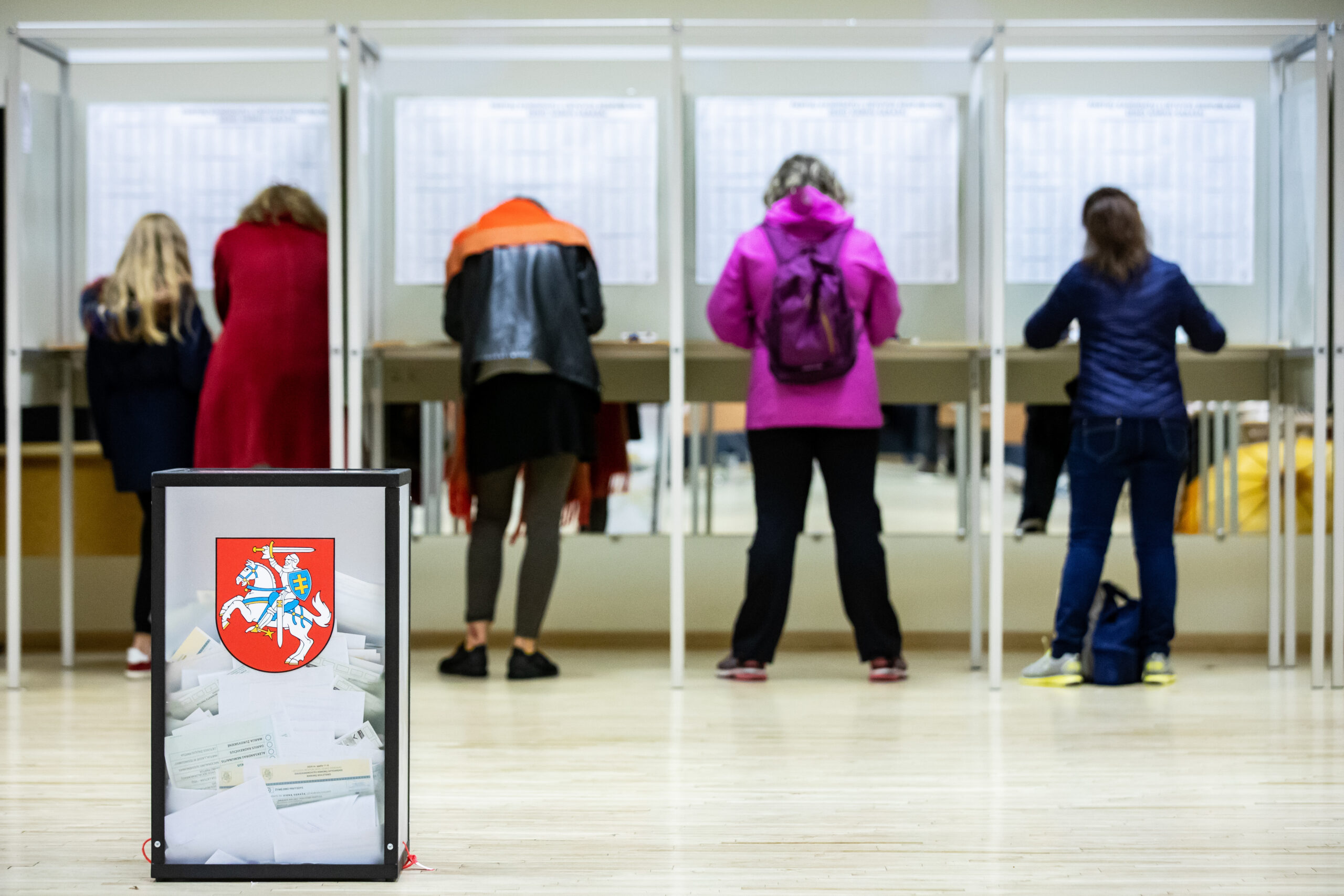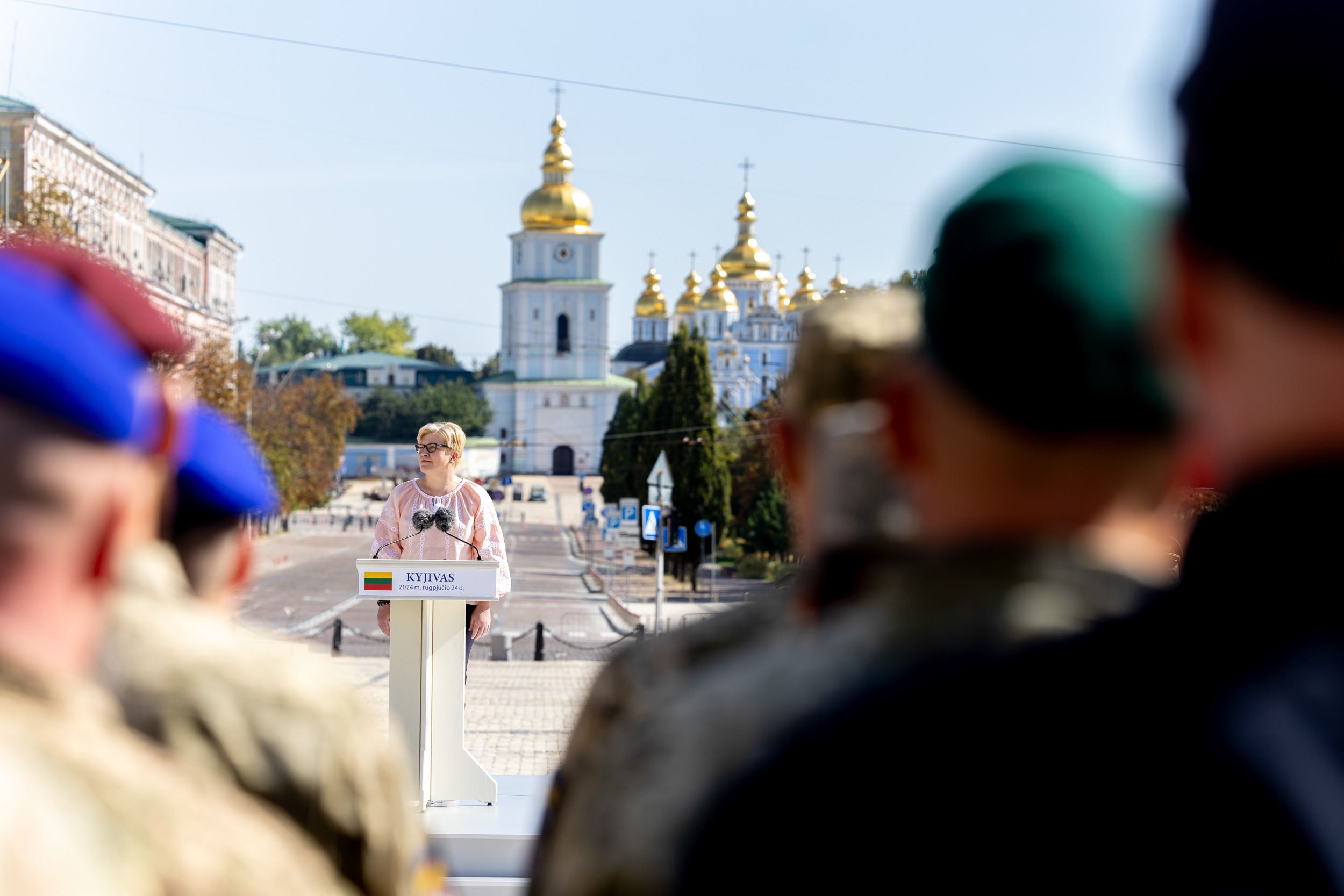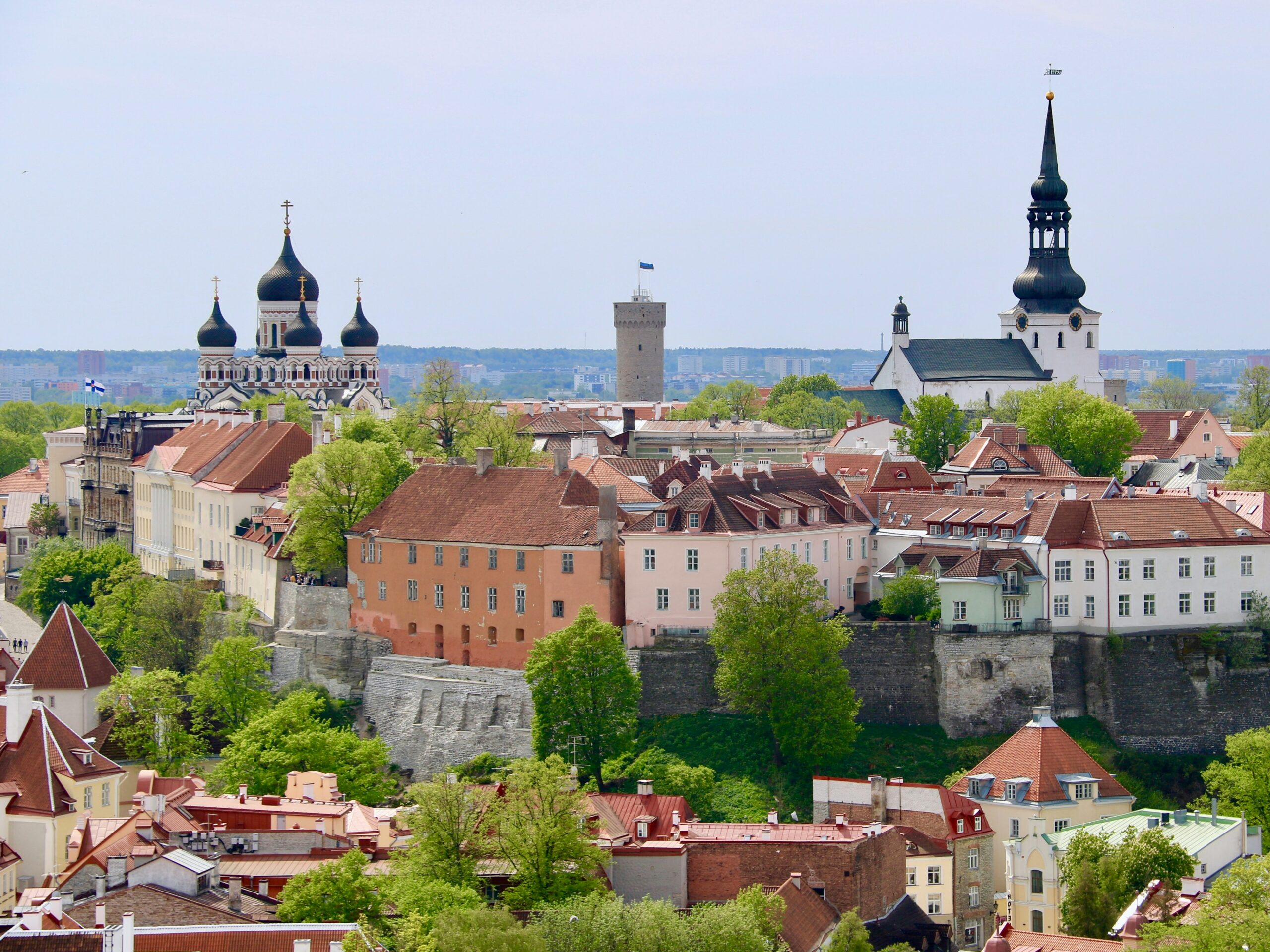Report
Estonia Weekly: Satirical “Olivier Salad Ban” Rumour Fuels Russophobia
Pro-Kremlin online voices in Estonia amplified both fabricated claims about cultural repression and criticism of long queues at the Narva border, framing these measures as evidence of “Russophobia.”
Weekly Reports
Lithuania Weekly: Accelerating Election Campaign
significant social media activity came from controversial politician Petras Gražulis, who posted 31 Facebook Reels, harshly criticizing the government and promoting his coalition “Kelkis Lietuva”.
Read moreLatvia Weekly: Opposition’s Support for Trump’s Presidential Campaign
During the examined week, discussions around corruption, economic growth, LGBTQ+ rights, and COVID-19 dominated domestic content. Notably, opposition members voiced support for Trump’s presidential campaign, arguing that Harris’s policies could lead to harmful over-inclusivity of transgender people.
Read moreEstonia Weekly: Claims of Russophobia and Russification
Misinformation about the education system, healthcare costs, and government actions has fueled concerns, including allegations of Russophobia, rising taxes, unaffordable medical care, and increased government armament in preparation for potential civil unrest.
Read moreLithuania Weekly: Belittling Living Conditions in Lithuania
Recent articles shared a common theme of harsh criticism toward the government. These pieces included claims of supermarket exploitation, condemnation of Lithuania’s court system, and accusations of widespread corruption among officials.
Read moreLatvia Weekly: COVID-19 Measures, LGBT Education, and Corruption Dominate Latvian Media Narratives
Media narratives in Latvia focused on COVID-19 restrictions, LGBT education in schools, and allegations of corruption within the coalition government.
Read moreEstonia Weekly: Accusations of Russophobia Take Center Stage
Media posts and articles in Estonia were dominated by anti-government sentiment, focusing on economic issues and alleged Russophobia linked to Russian schools and citizens.
Read moreLithuania Weekly: Anti-Government Sentiments Targeting Conservatives
During this reporting week, Lithuanian crowdfunder “Contribee” came under fire: media reported that the Lithuanian prosecutors had opened a pre-trial investigation into the Lithuanian crowdfunding platform Contribee, as it has now emerged that one of its shareholders took a large sum of money from an NGO account on Contribee for his personal use.
Read moreLatvia Weekly: Rye Bread Campaign Under Scrutiny
The disinformation narratives were primarily focused on domestic issues related to corruption and the perceived incompetence of the current government.
Read moreEstonia Weekly: Continued Anti-Governmental Sentiments
During the week, anti-governmental sentiments continued to be expressed across social media accounts. Many posts targeted the Reform Party, which holds the most seats in the Estonian parliament.
Read moreShowing 181 to 189 of 334 results
Don’t miss a story.
We publish stories that change laws, lives, minds and the world. Subscribe to our newsletter to get our investigations delivered to your inbox.








